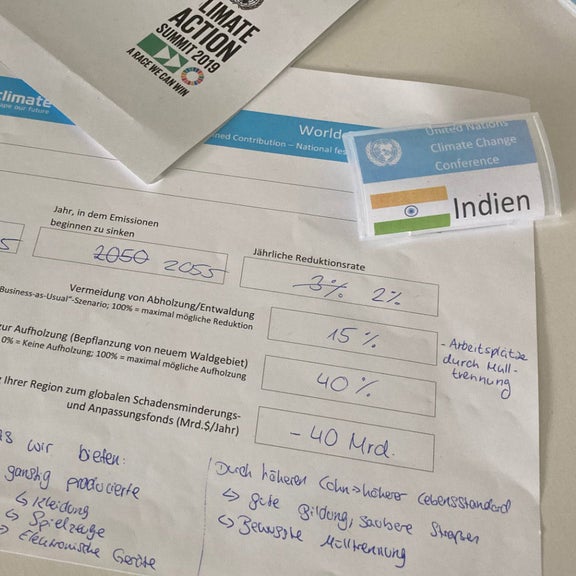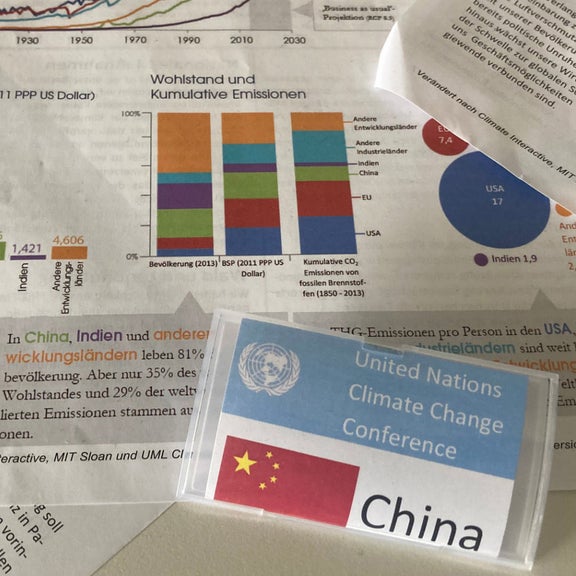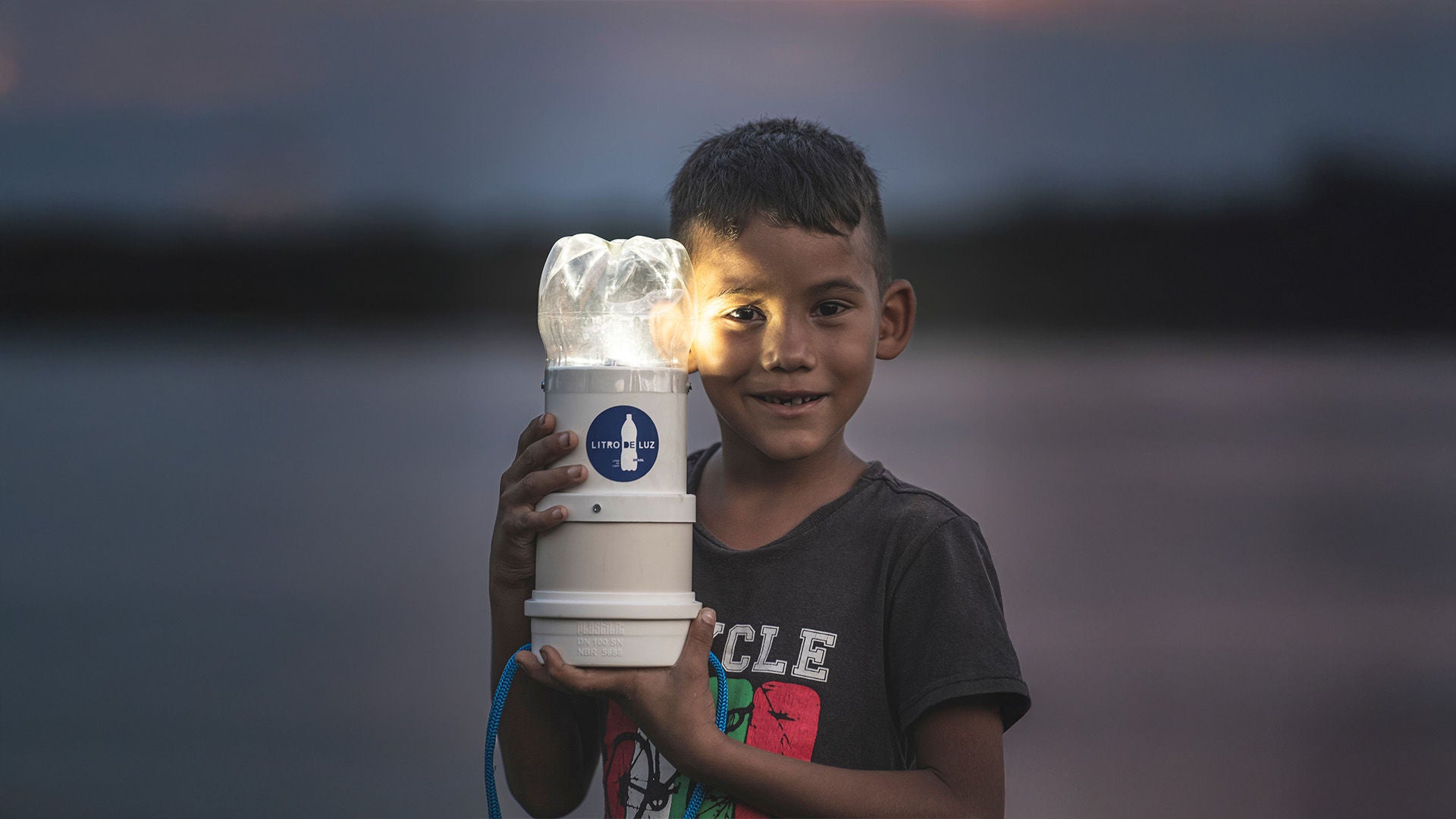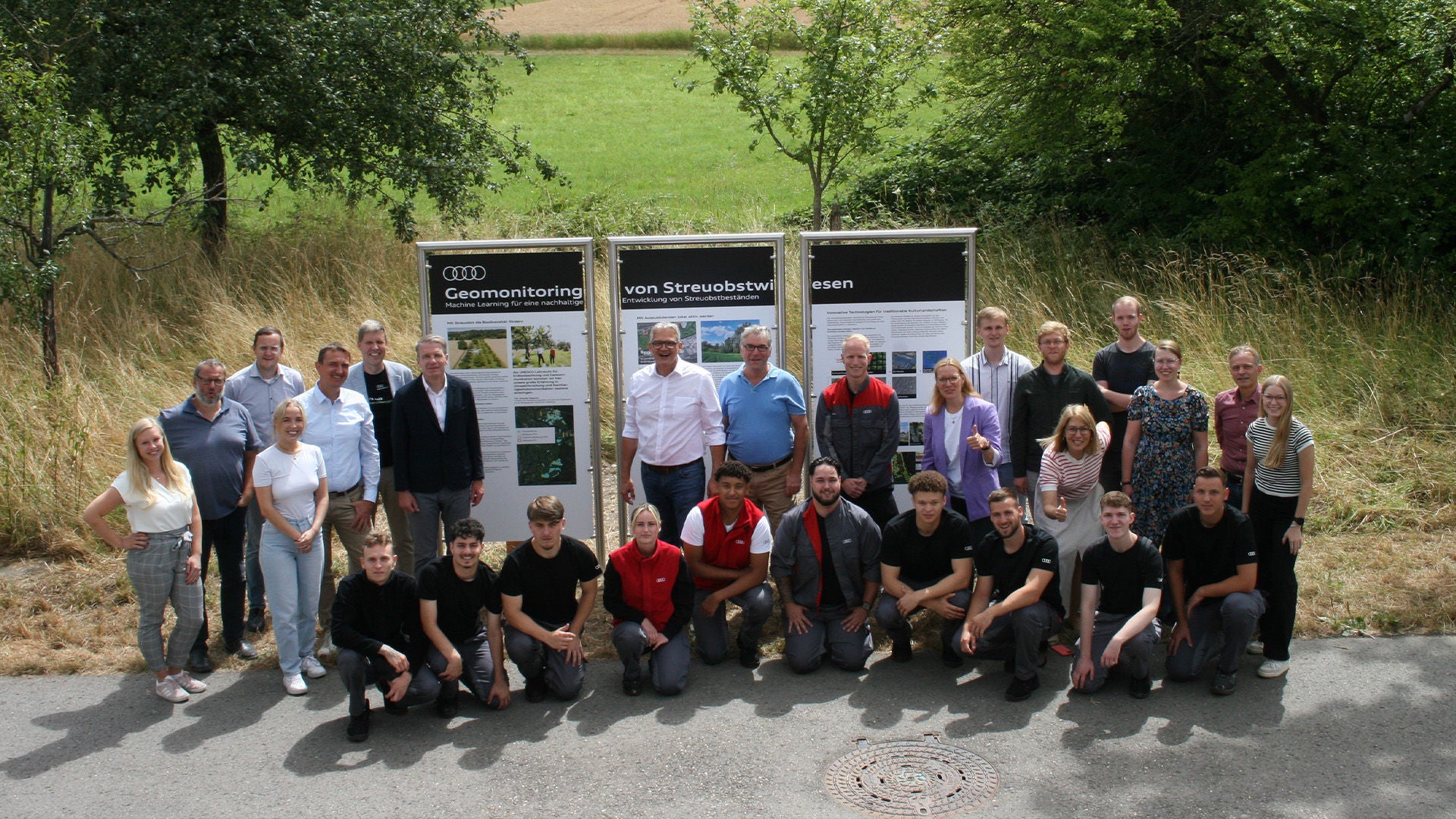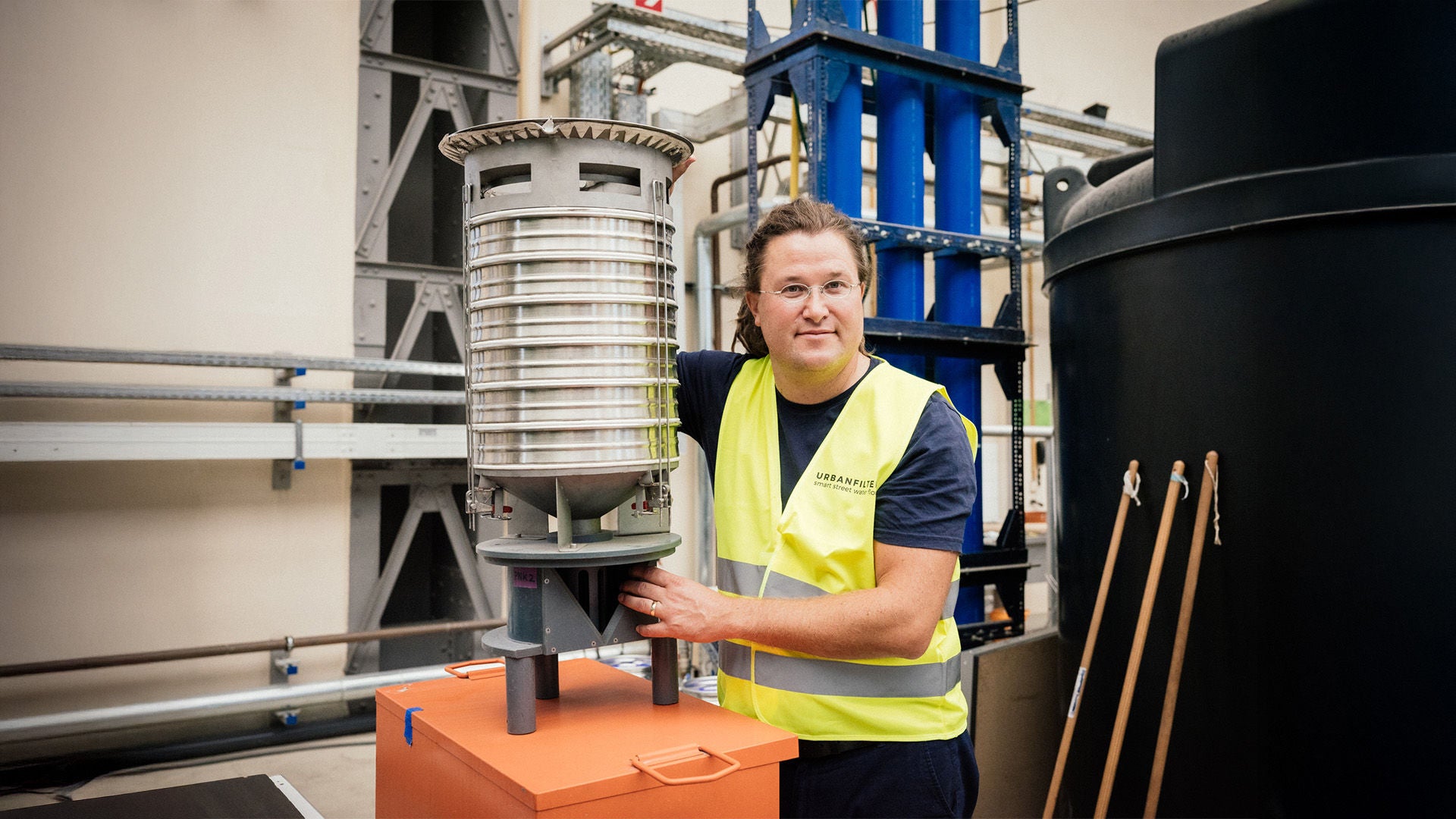Climate protection concerns all of us: Pupils simulate UN climate conference
25.07.2022 — Reading time: 2 min
As last year, the foundation once again offered some school classes from Ingolstadt and from the surrounding area as well as a group of apprentices at AUDI AG the opportunity to participate free of charge in a simulation game in which a real UN climate conference is simulated. They were faced with the challenge of implementing the goal of the Paris Agreement of the UN Climate Change Conference of 2015: to limit the increase in the global average temperature to below two degrees Celsius by the year 2100. The Multivision e.V., that was holding the event, is a non-profit association.
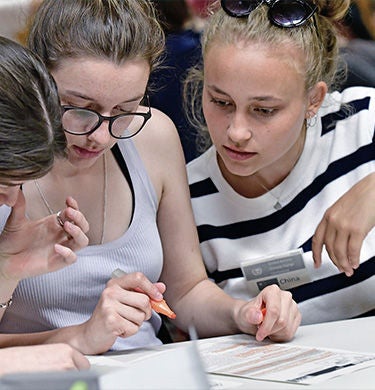
As an introduction, the pupils received all the facts about the current extent of climate change. Then they were divided into six groups of countries and used the material provided to inform themselves about the objectives and positions they should represent in their respective roles. The tasks to be mastered: set own emission targets for fossil fuels to protect the climate, make decisions for a policy in the field of deforestation and land consumption and the contribution to a global climate fund. The developed goals were entered into a software tool that presented the resulting global warming and thus made them visible.
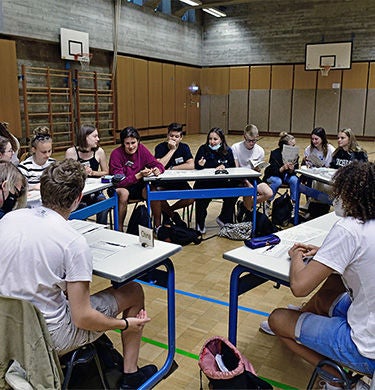
In the subsequent discussion of the results, it became clear that the climate target of two degrees is difficult to achieve. Therefore, further rounds of negotiations had to follow, where solutions and strategies for achieving the goals were discussed and national egoisms had to be overcome to work together for the climate goal. The participants experienced that the different interests of the countries have to be negotiated with each other, that climate protection needs a lot of money and that political measures are often difficult to enforce. But also that regardless of the political framework conditions, every single person can contribute to climate protection by changing his or her behavior.
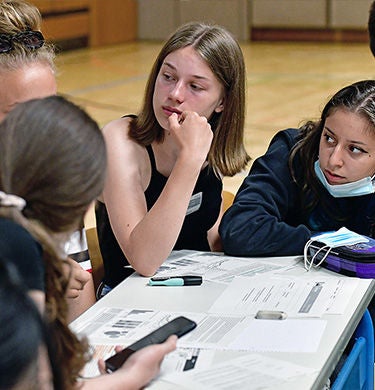
In a final conclusion, the pupils were discussing their experiences from the simulation game and expressed both their personal obligation to act and their demands on politics. The young people agreed that climate protection must have top priority for the survival of future generations and that this also requires a change in the lifestyle of every individual.
